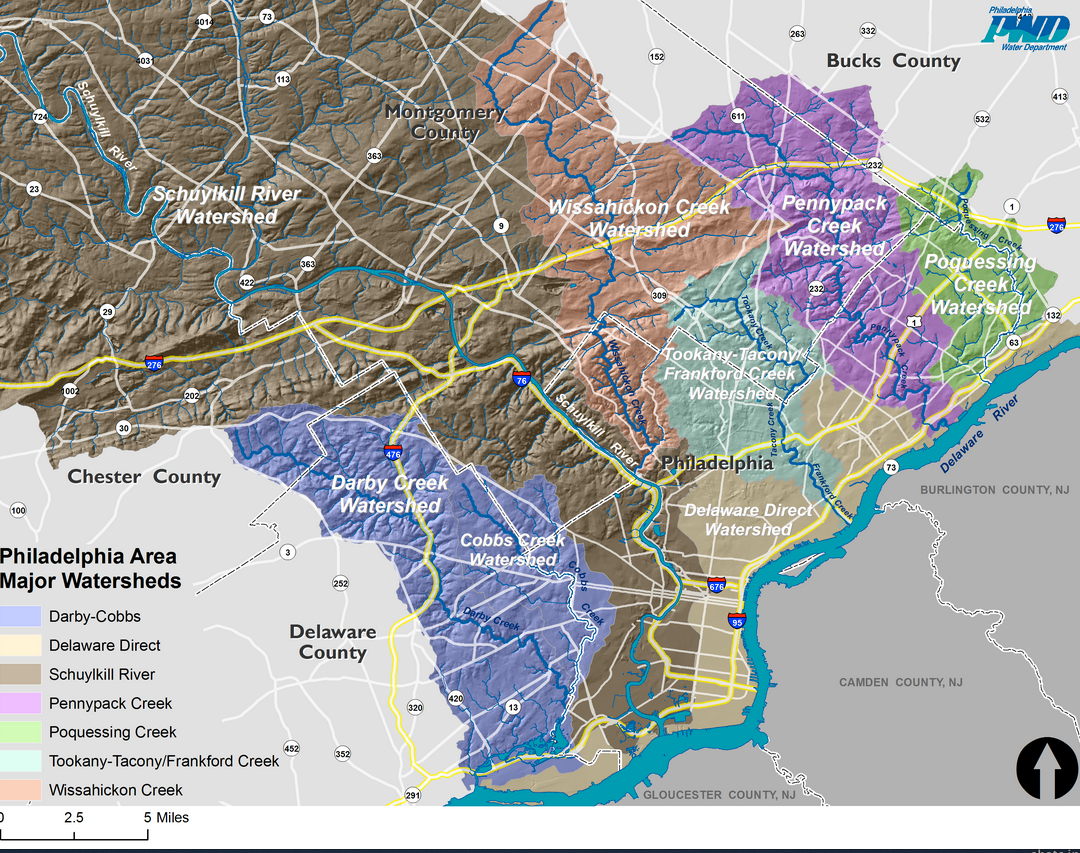Compromise in Council sets 50-foot stream buffer citywide

In a Rules Committee hearing on Wednesday morning, 6th-District Councilman Bobby Henon put forward an amendment to Bill No. 120654 reflecting a compromise worked out between his office and a coalition of environmental and development groups over the last two weeks.
The Committee accepted the amendments and recommended the bill favorably. The amended bill includes a citywide buffer of 50 feet, with certain marine-related uses allowed by right within the setback.
The most significant change from the most recent previous version of the stream buffer legislation is the removal of a provision which would have allowed existing buildings within the 50-foot buffer to expand parallel to the bank. That provision would have applied, for example, a 20 foot buffer to any parcel with a building 20 feet from a stream or river bank, thus allowing existing buildings to grow within the buffer.
With that provision removed, existing buildings fewer than 50 feet from waterways are still grandfathered in legal existence—they are considered non-conforming uses—but they cannot build any additions fewer than 50 feet from the top of a bank.
The amended bill also allows marine-related industrial uses by right, while the original bill required Planning Commission review of such uses. Warehousing in the buffer is prohibited in the amended bill.
Henon’s office led a series of negotiations that led to the compromise, and which included members of the Planning Commission, Delaware River Waterfront Corporation, Schuylkill River Development Corporation, PennFuture, the Bicycle Coalition of Greater Philadelphia, and the Delaware Riverkeeper Network, among others.
That coalition was unique in that it did not include a member of the Development Workshop, which has been involved in pushing back against a citywide buffer since the idea was first floated during the zoning reform process. Workshop spokesman Craig Schelter was the sole voice of opposition to the bill at Wednesday’s hearing. Schelter said he had not seen the compromise orchestrated by Henon’s office, and repeated his concern about the appropriateness of enacting a buffer on bulkheaded portions of the rivers.
Schelter says there is no proven environmental benefit to having a natural buffer on a bulkheaded bank, but Andrew Sharp, of PennFuture, says that even without a natural slope, storm water still rushes toward waterways, and a natural buffer can help depollute it.
Schelter raised additional concerns about a specific property on Orthodox Street on the North Delaware, which is owned by an electronics recycling company he represents. He said that the company is growing and plans to add new jobs, but without being able to expand its building—which is within the 50-foot buffer—as a matter of right, it may choose to leave the city altogether.
Schelter said Development Workshop’s foremost goal is keeping and bringing in new jobs and expanding the tax base in Philadelphia. Henon said that he is willing to work with Schelter and the recycling company to make sure that the company can carry out its planned expansion, but that holding back the buffer policy citywide is not the way to do it.
“What we are asking today is that business expansion be given at least as much consideration as the eight concerns of water quality [mentioned in the code] since the bulkhead setback really doesn’t provide the natural water’s edge referred to in the draft legislation,” Schelter said in a prepared statement. “And do we really want to characterize our message to the investment community that one needs a special exception from the Zoning Board of Adjustment to create jobs in the City along the two riverfronts?”
Councilman Jim F. Kenney characterized Schelter’s arguments as “specious,” and defended the citywide buffer. Henon—along with members of some stakeholder groups, including SRDC’s Joe Syrnick who testified at the hearing—said the amended bill creates the right policy for the city, and that specific problems can be resolved through specific ordinances.
The bill will get a first reading at the next hearing of City Council, Thursday morning.
Contact the reporter at jaredbrey@gmail.com and follow him on Twitter @jaredbrey
WHYY is your source for fact-based, in-depth journalism and information. As a nonprofit organization, we rely on financial support from readers like you. Please give today.






